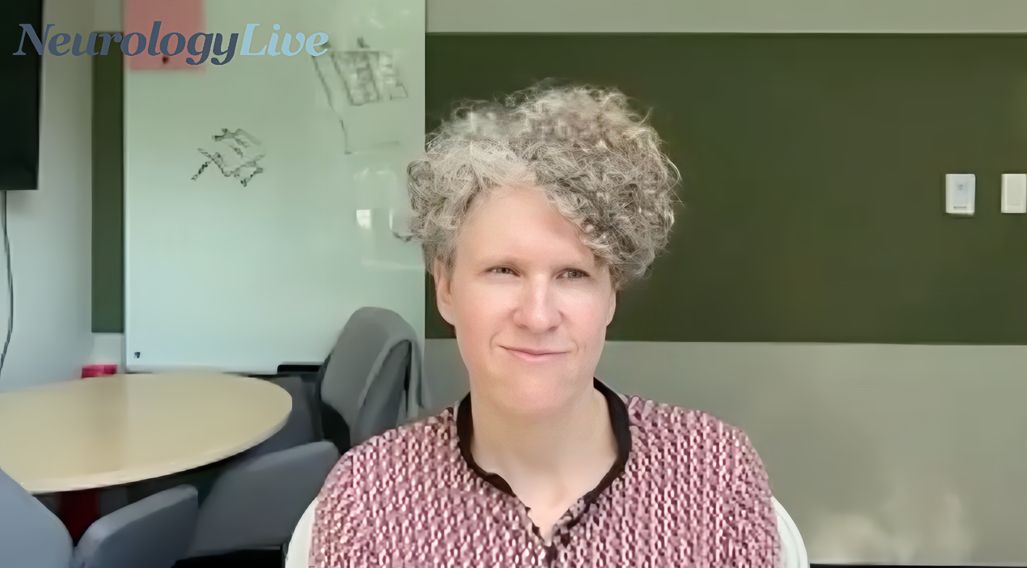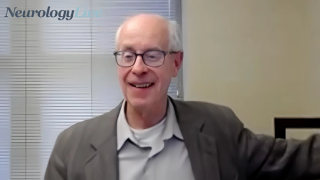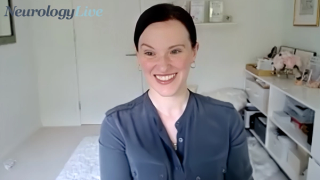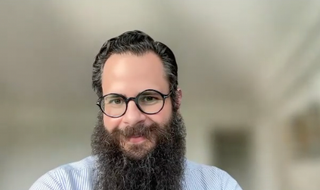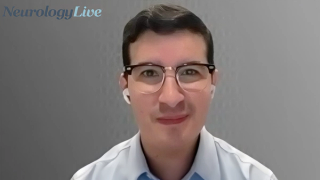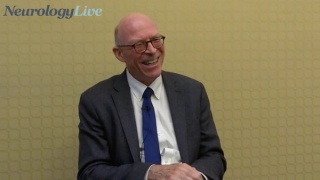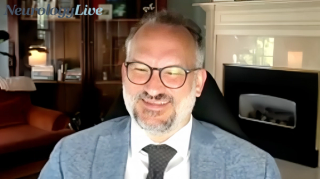
Dementia and Alzheimer Disease
Latest News

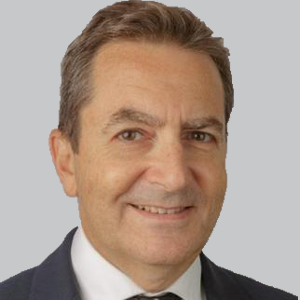
Innovative Phase 2 Proof-of-Concept Trial to Test Effects of Benfotiamine as Alzheimer Treatment
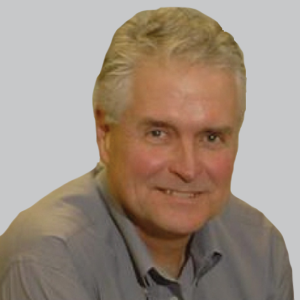
Alzheimer Agent T3D-959 Demonstrates Disease-Modifying Effects in Phase 2 PIONEER Trial
Latest Videos

CME Content
More News

Here's some of what is coming soon to NeurologyLive® this week.

The vaccine induced a specific humoral immune response, positively affecting several AD-related biomarkers, and showed potential as a treatment for AD, with further trials planned.

The director of the Brain Health Observatory at the University of Southern California talked about integrating blood tests into primary care to better triage patients with Alzheimer disease, reduce unnecessary referrals, and shorten appointment wait times. [WATCH TIME: 7 minutes]

Test your neurology knowledge with NeurologyLive®'s weekly quiz series, featuring questions on a variety of clinical and historical neurology topics. This week's topic is on congenital muscular dystrophy.

Lantheus's acquisition of NAV-4694 aims to enhance early Alzheimer’s disease detection and complement their PET imaging tools, potentially improving diagnosis, staging, and treatment monitoring.

Take 5 minutes to catch up on NeurologyLive®'s highlights from the week ending July 26, 2024.
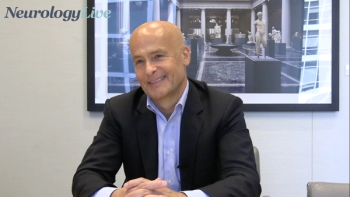
The president and CEO at Alzheon shared recent insights into neurodegenerative diseases that suggest a single toxic trigger may be responsible for conditions like Alzheimer disease, leading to potential early intervention and treatment strategies. [WATCH TIME: 10 minutes]

Early Biomarker Evaluation and Cognitive Stabilization in Alzheimer Treatment: Martin Tolar, MD, PhD
The president and CEO at Alzheon talked about a novel Alzheimer disease drug that shows promising early results in reducing key biomarkers and stabilizing cognitive function in a challenging patient population. [WATCH TIME: 10 minutes]

Here's some of what is coming soon to NeurologyLive® this week.

Test your neurology knowledge with NeurologyLive®'s weekly quiz series, featuring questions on a variety of clinical and historical neurology topics. This week's topic is on progressive multiple sclerosis.

Take 5 minutes to catch up on NeurologyLive®'s highlights from the week ending July 19, 2024.

The investigational therapy, which targets neurodegeneration, has shown promise in phase 2 and 3 studies of Alzheimer disease and Parkinson disease, with additional studies on the way.
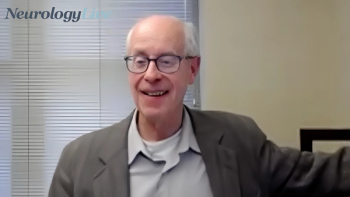
The neuroradiologist at Mayo Clinic discussed the categorization of biomarkers for Alzheimer disease, focusing on core biomarkers specific to the disease and those reflecting related pathologies. [WATCH TIME: 8 minutes]
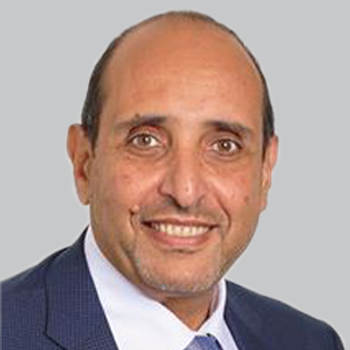
Lomecel-B is made from living cells called medicinal signaling cells that are isolated from fresh bone marrow tissue that has been donated by adult donors aged 18 to 45.

In new analyses of a pivotal phase 3 study, eplontersen resulted in beneficial effects on neuropathy impairment and quality of life in patients regardless of sex or change in body mass index.
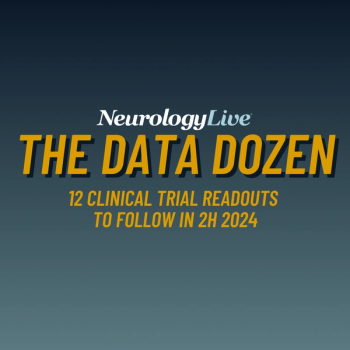
Take a look at some of the most-anticipated clinical trials with expected data readouts in the second half of 2024 that researchers and clinicians in neurology should keep an eye out on.

The neurologist and clerkship director at the University of Connecticut provided perspective on the developing role of clerkship directors and the value they provide to neurology departments.
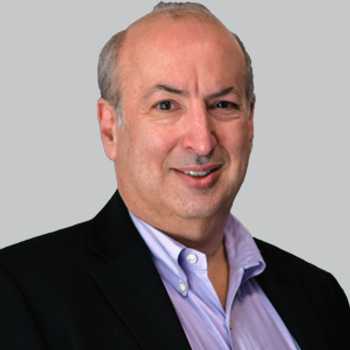
David Cooper, MD, chief medical officer at AviadoBio, provided insight on a new study assessing AVB-101, an investigational gene therapy, as a potential treatment for patients with frontotemporal dementia.

Here's some of what is coming soon to NeurologyLive® this week.

Test your neurology knowledge with NeurologyLive®'s weekly quiz series, featuring questions on a variety of clinical and historical neurology topics. This week's topic is on multiple system atrophy.

Take 5 minutes to catch up on NeurologyLive®'s highlights from the week ending July 12, 2024.
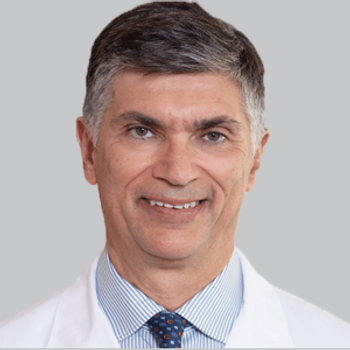
In a phase 2 trial, the agent met its primary end point of safety, with slowing of disease worsening in patients with mild AD.

Mind Moments®, a podcast from NeurologyLive®, brings you an exclusive interview with Joel Salinas, MD, MBA. [LISTEN TIME: 10 minutes]

Neal K. Shah, CEO of CareYaya Health Technologies, discussed the groundbreaking potential of AI-powered music therapy in revolutionizing dementia care, offering personalized interventions that can improve quality of life.

Catch up on any of the neurology news headlines you may have missed over the course of June 2024, compiled all into one place by the NeurologyLive® team.


